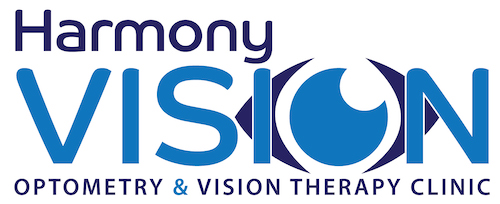Dyslexia & Reading Difficulties – Visual Aspects
The word ‘dyslexia’ comes from the Greek and means ‘difficulty with words’.
“Dyslexia is a specific learning difficulty which mainly affects the development of literacy and language related skills”*
Opinions on dyslexia vary greatly and its origins are still unknown. Current research is divided as to whether it is phonological in origin, visual in origin or a combination of factors. It is clear that it is a complex diagnosis. Unfortunately, there is a risk that basic functional vision care is overlooked or made to seem unimportant in this population of people.
The Role of Vision & The Optometrist
It is vital that people understand that when dyslexia is suspected, vision must not be overlooked. While eye-sight is often fine, people with reading difficulties can still have eye-teaming, focusing, tracking & visual attention problems.
There are 2 keys factors when considering a diagnosis of dyslexia, or for that matter any reading difficulty, learning difficulty, or ADD/ADHD.
1. Vision problems can cause similar symptoms
2. Children in the reading disabled population can also have vision problems that are an additional & unnecessary burden.
Following are various indicators of dyslexia used by Dyslexia Testers that are also strong indicators of a vision problem. Anyone displaying these symptoms should have a comprehensive vision exam to rule out vision problems so that they are not unnecessarily blaming them on dyslexia when they may just have an easily treated vision problem:
Common Vision Indicators that are also used to diagnose Dyslexia:
- Difficulty sustaining attention
- Appears bright & intelligent and articulate but is unable to read, write or spell at grade level
- High in IQ, tests well orally but not in written form
- Feels dumb, poor self-esteem; covers up weaknesses with compensatory strategies; easily frustrated and emotional about school reading or testing
- Complains of dizziness, headaches or stomach aches while reading.
- Confused by letters, numbers, words, sequences or verbal explanations.
- Reading or writing shows repetition, adding words, transposing, omission, substitution, reversal of letters, numbers and/or words.
- Complains of feeling or seeing non-existent movement while reading, writing or copying.
- Seems to have difficulty with vision, yet normal eye exams don’t reveal a problem.
- Lacks depth perception and peripheral vision.
- Reads and re-reads with little comprehension.
- Trouble with writing or copying; handwriting varies or is illegible
Children with Reading Difficulties can also have a missed Vision Problem
These vision problems will not be picked up with a sight check, and the child may well “see” clearly, and yet have a vision problem that makes their difficulties worse.
Some studies indicate that common eye-teaming and focusing problems might be more common in reading disabled children. It has also been shown that in some children correcting these vision problems may be as beneficial to fluency, and has the added benefit of reducing symptoms like headaches and sore eyes. While treating the vision problem doesn’t treat the core reading difficulty, the burden on the child is reduced.
Concurrent vision problems such as Convergence Insufficiency & Accommodation Dysfunction are can be corrected with vision training and reading glasses.
Additional tests are required to help find the Problem
The types of symptoms discussed and their associated vision problems rarely involve difficulties with clarity of sight. They require additional testing to identify the problem. This is something that Harmony Vision does as a routine. They also have the experience to identify the appropriate symptoms, and the ability to prescribe reading lenses, precision tinted lenses and vision therapy.
Summary
- Visual symptoms can overlap with symptoms of Dyslexia & ADHD
- Children with reading difficulties can also have vision problems
- Children with ADHD have 3 x the risk of also having a vision problem called convergence insufficiency
- Vision problems are treatable
- You need extensive visual skills testing to find these vision problems; a sight test will not find them.
*Definition from the British Dyslexia Association Website (www.http://www.bdadyslexia.org.uk/whatisdyslexia.html)
